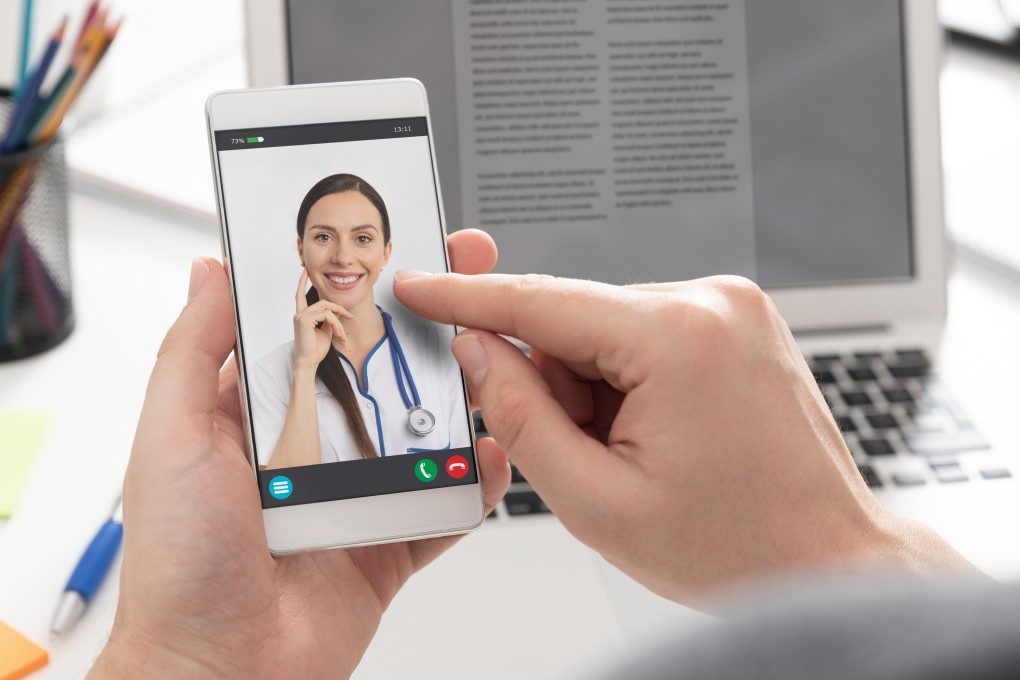Letters | Use telehealth to help Hong Kong youth handle mental health issues
- Telehealth services can be a more effective way for the government to support mental health among the city’s students

As university students ourselves, we are concerned as to whether the government has properly planned for the impact of its pandemic containment measures on young people who are the future of our society. Although we learned from the Education Bureau about its dedicated website which has a few videos containing advice on Covid-19 and e-resources such as posters and pamphlets, some of these resources have not been updated since 2019.
Since zero-Covid measures are likely to continue for the foreseeable future, adopting telehealth should be both an immediate and longer-term strategy for the Education Bureau. A clinical research study conducted in the United States in 2020 suggests telehealth can be useful in delivering psychiatry and mental health support services for children.
In Hong Kong, telemedicine is being weighed as an option for the elderly. However, as children tend to be more familiar with technology than the elderly, telehealth services would be particularly appropriate for this age group. Also, teachers can make use of telehealth channels to contact educational social workers or professional medical staff about the students they are concerned for.